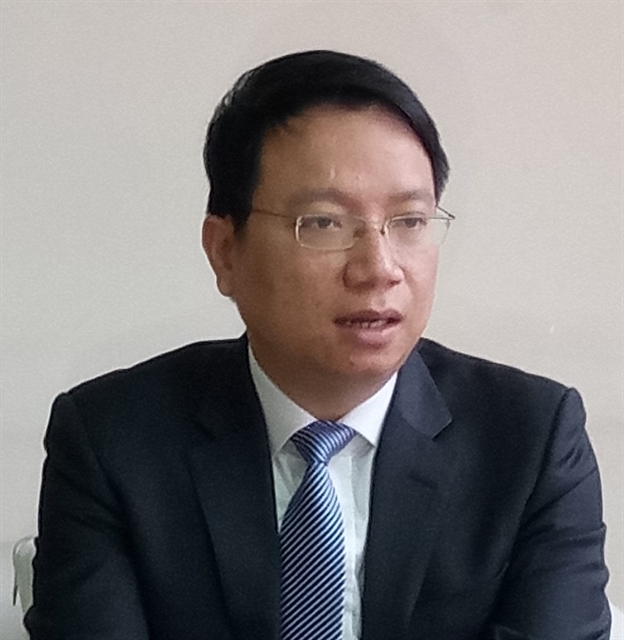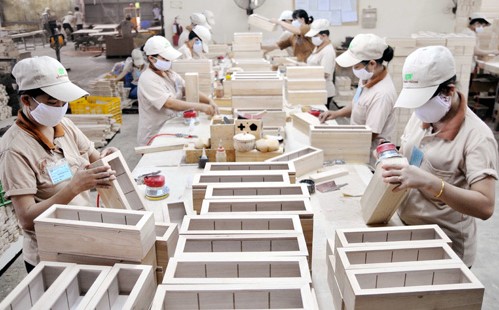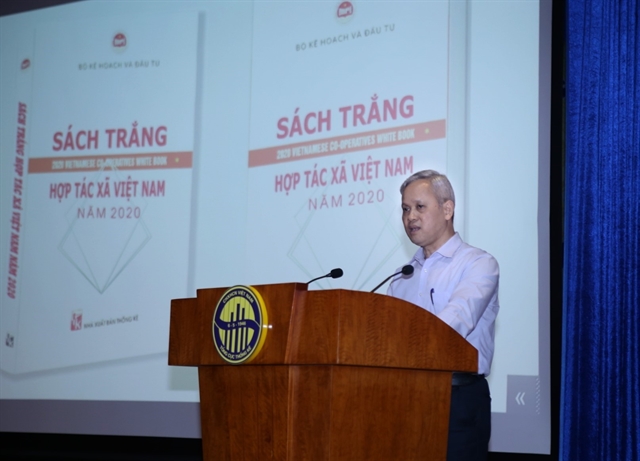
HÀ NỘI — The luxurious car market is expected to develop strongly this year, despite the automobile industry facing challenges due to the COVID-19 pandemic, causing automakers to suspend or reduce production.
Insiders said that many Vietnamese people are moving from ordinary cars to luxurious cars. When upgrading, it will be difficult for them to return to using lower priced models. This is also the reason why many automobile firms have focused on domestic production while still importing luxurious cars.
The Vietnamese market has currently converged most hi-end car brands, such as Mercedes-Benz, BMW, Audi, Lexus, Maserati, Jaguar, Land Rover, Porsche, Bentley, Rolls-Royce and Ferrari. Mercedes-Benz is the only one manufacturing and assembling autos and importing luxurious cars, others are all imported.
Director of Thiên Phúc An Company Nguyễn Tuấn, who for many years imported cars, said the Vietnamese economy is stably developing with increased average income. The middle class has risen and the automobile market growth was consistently higher than the previous year.
“The trend of consumers shifting to use more expensive cars is the key reason for luxurious brands "landing" in the Vietnamese market,” Tuấn said.
In 2019, although it was forecasted that the market would face many difficulties, Mercedes-Benz Vietnam still consumed more than 6,800 units, an increase of 8 per cent compared to 2018. This German brand has always held the leading position in the luxurious car market in recent years thanks its local assembly of various auto models, creating a price advantage over imported cars.
As for Lexus, which is imported by Toyota Motor Vietnam, more than 1,500 units were sold in 2019, up 157 per cent year-on-year. Meanwhile, Trường Hải Automobile Group (Thaco) did not disclose its sales of BMWs but the figure was estimated to be about 1,000 cars last year. Other brands participating in the Vietnamese market, such as Audi and Jaguar Land Rover, did not disclose sales figures, but reported they saw good growth.
Thaco, which focused on assembling cars like Kia and Mazda, has co-operated with Germany’s BMW Group Asia since 2018 to become an official importer of BMW and Mini models in the Vietnamese market. After taking over the brand, Thaco imported the first batch of BMW vehicles with price per unit between VNĐ49 million - VNĐ600 million (US$2,100 - $25,600) lower that of the old distributor.
In order to expand the market share for this luxurious German brand, a Thaco representative said the firm planned to open 15 large-scale BMW agents in HCM City, Hà Nội and some other big cities in Việt Nam this year. It has also set up plans to manufacture and assemble cars in the future.
After Mercedes-Benz Vietnam launched six new models last month, Thaco last week introduced 10 BMW models in the 3-Series, 7-Series, X1, X5 and X6 ranges. Thaco is also the first enterprise in Việt Nam to launch new cars online due to the COVID-19 pandemic and social distancing period.
Insiders said that if the two brands from Germany continue to perform in the near future, Thaco has a ‘habit’ of monthly price incentives, so they will put a lot of pressure on other brands, which benefits consumers.
Vĩnh Nam, an expert in the field of luxurious cars from AVIS Vietnam, said that Thaco’s launch of BMW models is a good signal despite the COVID-19 outbreak, increasing competitiveness with Mercedes-Benz and Audi in the Vietnamese market.
“However, the limitation of BMW is that it is imported and subject to high taxes, so its competition with domestically assembled cars of Mercedes-Benz is relatively fierce at this time,” Nam said.
Nam said Audi Vietnam has recently launched its Q3 model and is preparing to introduce some new models, so the luxurious car market will heat up.
“Consumers will have many choices while companies must strive to gain market share.” — VNS































